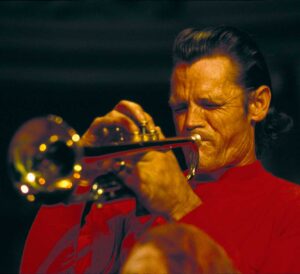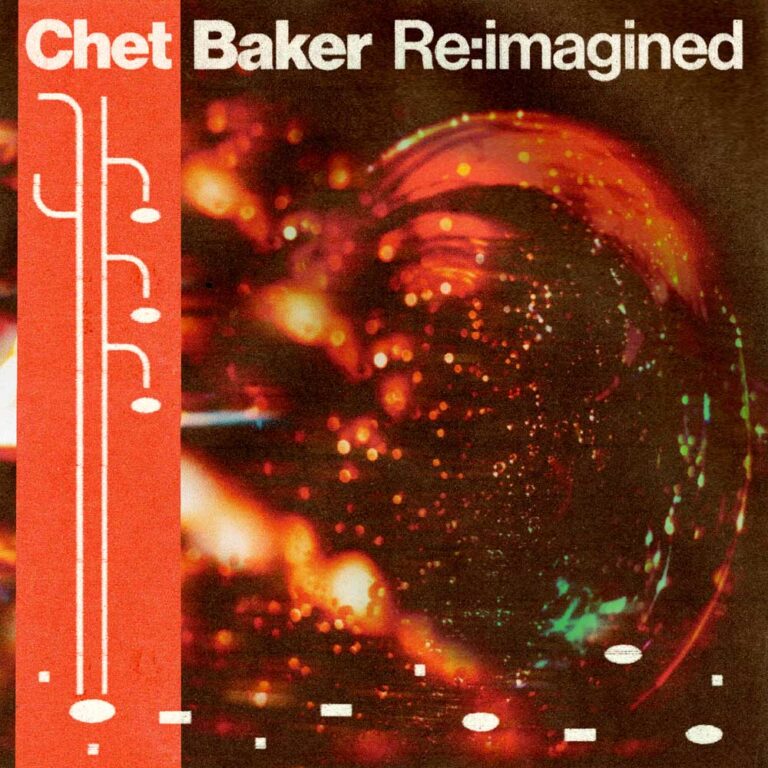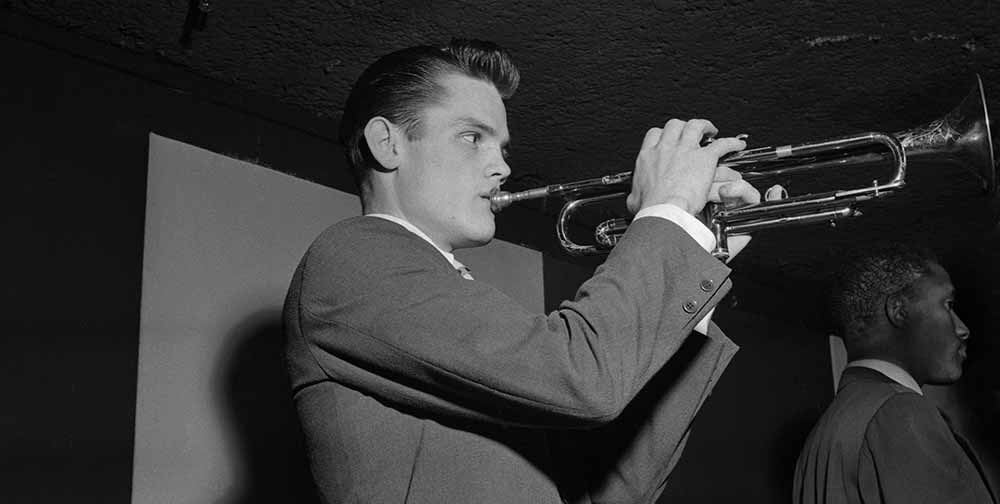With an instantly recognisable, whisper-soft vocal timbre and breathy trumpet tone, Chet Baker possessed a sound that has been regularly imitated over the past 70 years but rarely bested. From his delicate takes on jazz standards like “My Funny Valentine” and “Old Devil Moon” to genre-crossing collaborations with artists such as saxophonist Stan Getz, composer Enio Morricone and singer Elvis Costello, since his death in 1988 Baker has been a touchstone for musicians looking to combine jazz improvisation with lasting melody and the quiet power of the voice.
“Chet Baker was one of my favourite musicians growing up,” British singer-songwriter Hohnen Ford says. “I adored how interlinked his singing was to his trumpet playing. I used to feel like my voice wasn’t big or loud enough but hearing artists like Chet taught me that impact doesn’t come from volume, it comes from leaning into your own voice. It was really empowering for me.”
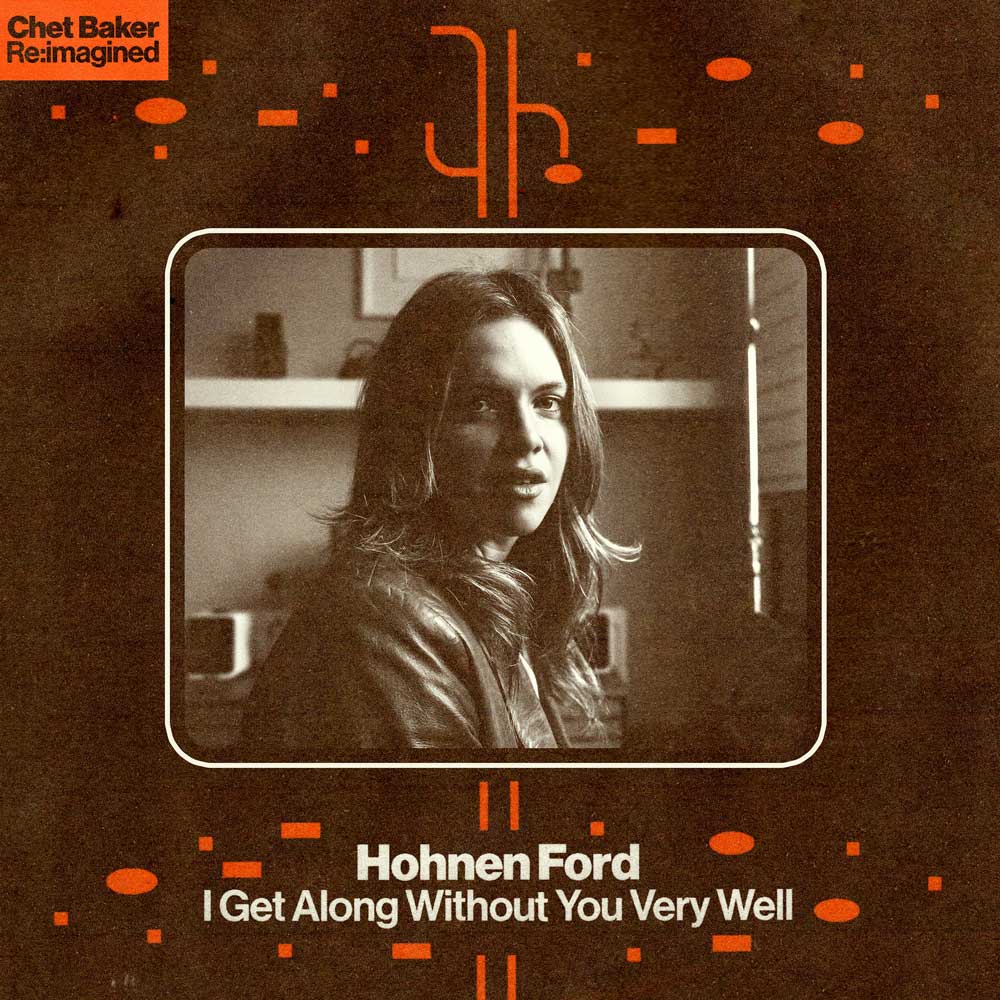
Ford is one of 15 artists who were given the unenviable task of reinterpreting some of Baker’s most striking compositions for the latest edition of Blue Note’s “Re:Imagined” series. First released in 2020, Volume 1 of “Blue Note Re:Imagined” saw a group of musicians from the British jazz scene interpreting tracks from the storied jazz label’s eighty-year catalogue, while 2022’s second volume continued the theme with the likes of trumpeter Yazz Ahmed and singer Ego Ella May tackling new versions of compositions from Wayne Shorter, Thelonious Monk and Chick Corea.
“Chet Baker Re:Imagined” now takes a global view, celebrating the 70th anniversary of Baker’s debut vocal album “Chet Baker Sings” with a remarkable array of contemporary cover versions produced by artists from Britain, the US, South Korea, Australia and the Netherlands, each spanning genres as varied as pop, folk singer-songwriting, R&B and jazz.
“I’ve always found the Blue Note Re:Imagined albums incredibly inspiring because they breathe new life into timeless classics,” featured musician Poppy Daniels says. “There’s something captivating about hearing how different creative minds approach well-known songs, often revealing new layers and emotions.”
The supple sensitivity of Baker’s take on jazz standards is beautifully reflected in the minimal finger-picked guitar and vocal take of “That Old Feeling” by singer-songwriter Eloise, as well as in British trumpeter Daniels’ version of “I’ve Never Been In Love Before”, which leans into the solemn, unadorned horn melodies of the original. Baker’s most recognisable standard, “My Funny Valentine”, is meanwhile given a yearning focus thanks to singer Matt Maltese’s use of dream pop-influenced electric guitar reverb and Ford’s version of “I Get Along Without You Very Well” is anchored in wistful muted piano chords and a dextrous doubled keys and vocal solo.
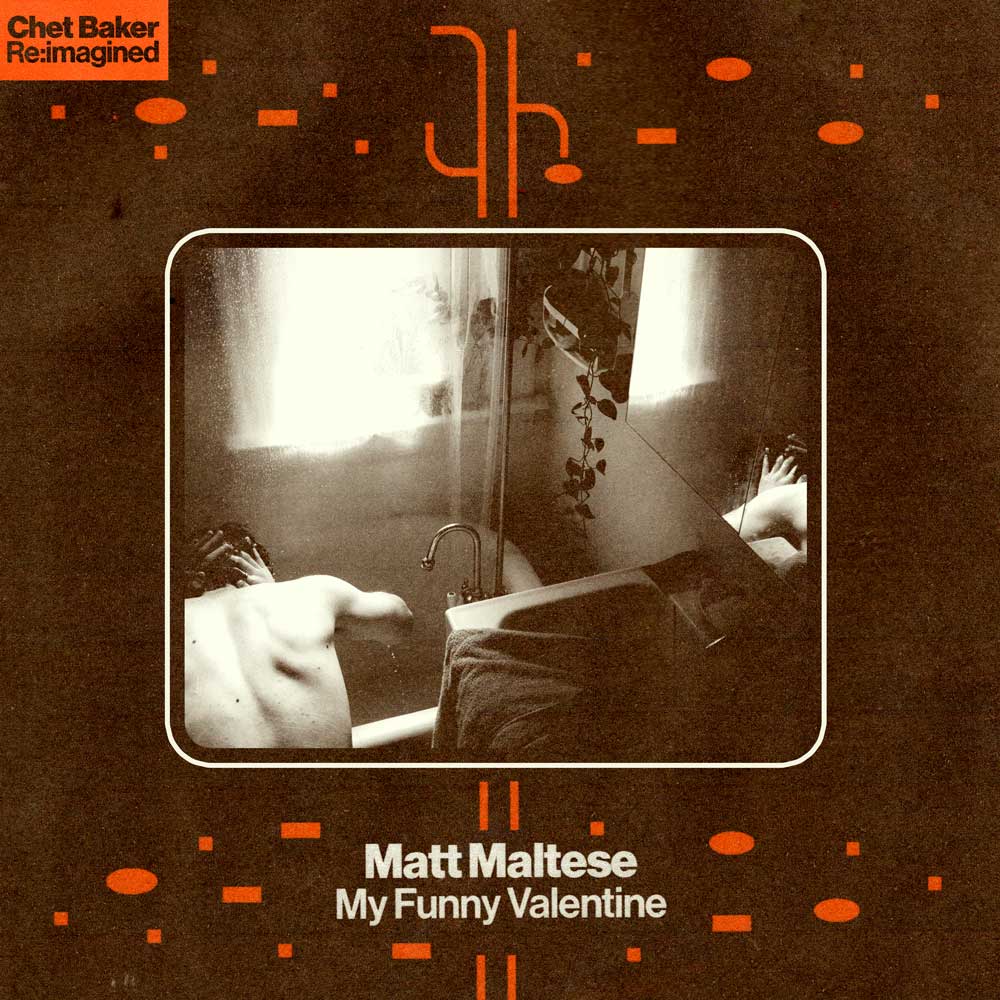
“This song has accompanied me through a lot of moments in my life – it was the song that got me through my first breakup,” Ford explains of her choice. “For my version I wanted to strip the harmony back to its bare bones. I sang the melody and the backing vocals at home in my childhood bedroom, where I first heard the song, and to be able to record where my musical journey started was really special.”
While many of the “Re:Imagined” versions pare back the arrangements of Baker’s originals to expose their tender emotion, others embellish and alter the tracks entirely to startling and surprising effect. Dutch singer Benny Sings’ “There Will Never Be Another You”, for instance, transmutes Baker’s romantic longing into a sprightly pop ballad punctuated by a laid-back drum and electric bass groove, while Puma Blue lends a dark and eerie tone to “It’s Always You” through his sparse guitar phrasings and the husky quietude of his vocals, and South Korean singer Sarah Kang’s “I’m Old Fashioned” channels a hip-hop boom bap groove through electronic drum programming and an earthy bass swing.
Trumpeter with Mercury Prize-winning British group Ezra Collective, Ife Ogunjobi, performs perhaps the most radical transformation of all on Baker’s 1956 instrumental “Speak Low”, slowing the original’s fast-paced swing into a syncopated Afrobeat rhythm, allowing his trumpet melody to soar over the otherwise languorous, easy-going backing.
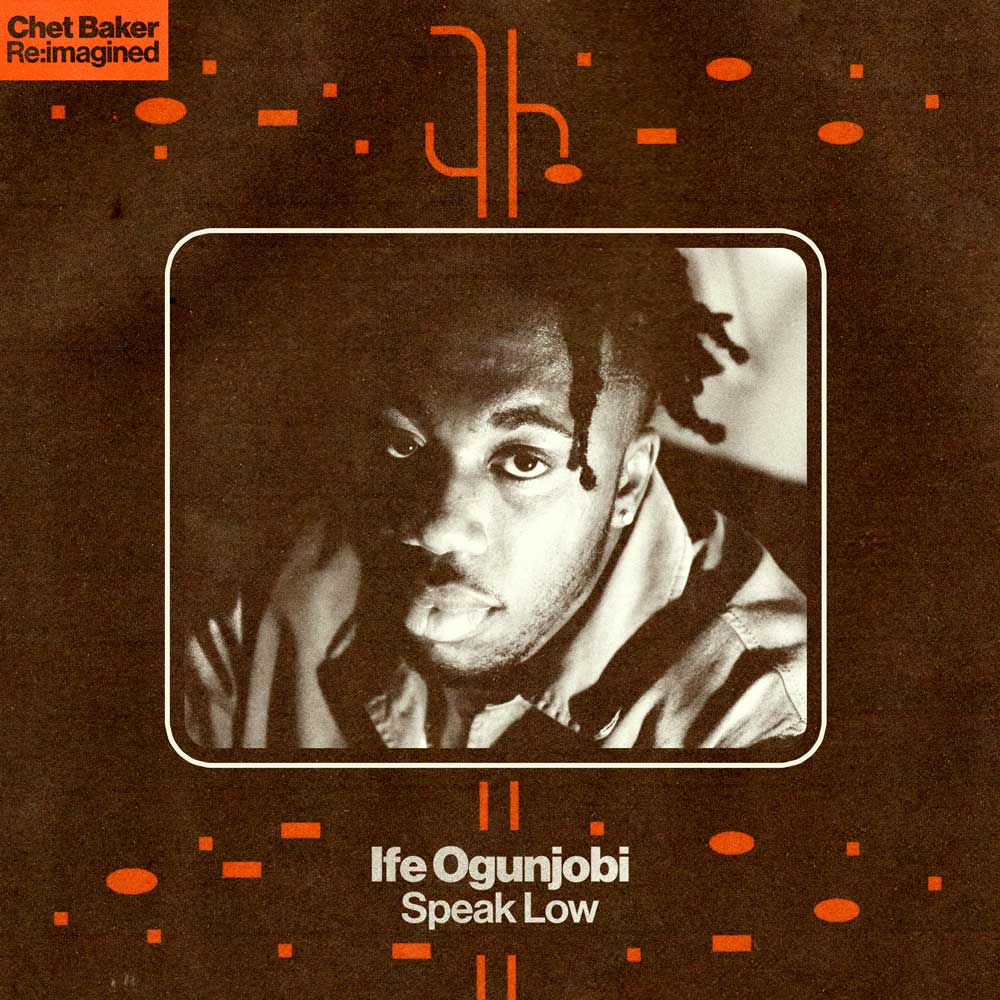
Ultimately, the songs on “Chet Baker Re:Imagined” do not attempt to simply copy Baker’s originals but they imbue them with new life. “Chet’s vulnerability and simplicity in these recordings have always felt profound, almost sacred,” Daniel says. “To be part of a project that revisits such an iconic piece of jazz history was humbling.” It’s an album that highlights the profundity of Baker’s music and its capacity to continue inspiring artists for many more decades to come.
Ammar Kalia is a writer and musician. He is the Guardian’s Global Music Critic and writes for the Observer, Downbeat, Jazzwise and others. His debut novel, A Person Is A Prayer, is out now.
Header image: Chet Baker. Photo: Frans Schellekens/Getty.


